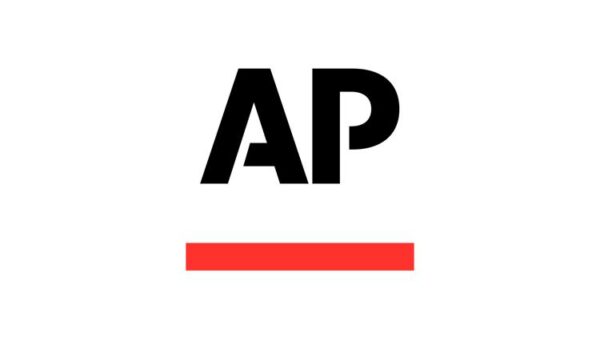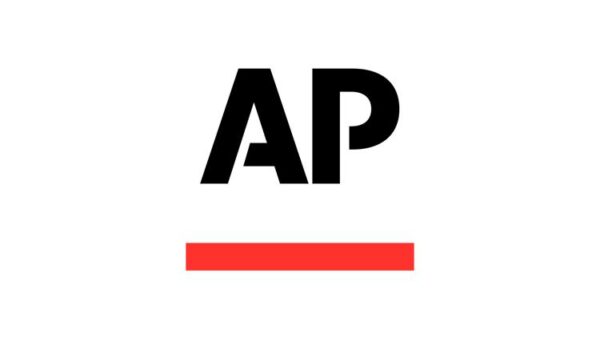In response to escalating tuition fees and economic challenges, many college students are turning to the gig economy for financial support. Platforms such as Uber, DoorDash, and Upwork have evolved from mere side jobs into crucial sources of income, helping millions pursue higher education without incurring significant debt. Recent analysis in Fast Company highlights how the flexibility of gig work allows students to earn money on their own schedules, enabling them to balance academic commitments with financial needs.
The changing landscape of work is exemplified by students like Maria Gonzalez, a first-generation college student in California. She drives for Lyft between online lectures to cover her community college expenses. Stories similar to hers illustrate a broader trend: gig opportunities are filling the gaps created by traditional jobs, which often require inflexible hours that do not accommodate the demands of academic life. According to data from the National Bureau of Economic Research, 64% of full-time undergraduates work at least 20 hours per week, with gig platforms playing a significant role in easing the balance between work and study.
The Flexibility Advantage in Higher Education
One of the major attractions of gig work is its inherent flexibility. Unlike fixed-schedule jobs, gig opportunities enable students to adjust their working hours based on personal needs, allowing them to increase their workload during breaks or reduce it during exam periods. A 2024 report from Community College Daily indicates that 36% of the U.S. workforce participated in gig work in 2021, with flexibility cited as the primary reason for this choice. This model is especially important for low-income and nontraditional students, who represent an increasing proportion of college enrollments.
Educational institutions are beginning to recognize this shift. Some community colleges are now offering courses focused on freelancing skills, such as digital marketing and app development, to equip students for success in the gig economy. As highlighted in a Harvard Business Review article from 2019, universities have been slow to adapt their curricula to reflect the realities of gig work, leaving graduates unprepared for a labor market where 30-40% of jobs are freelance or contract-based. Recent initiatives, including partnerships between colleges and platforms such as TaskRabbit, aim to integrate practical gig training into degree programs, helping to bridge this educational gap.
Challenges and Economic Realities of Gig Work
Despite its benefits, gig work is not without challenges. Earnings can be inconsistent, and workers often face fluctuations in pay driven by algorithms, along with a lack of benefits such as health insurance. A 2022 study published in Technological Forecasting and Social Change raises questions about the education-income connection, suggesting that gig work may not always lead to upward mobility. This could result in many workers becoming trapped in low-skill jobs without formal qualifications.
Sentiments expressed on social media platform X highlight these complexities. Users note that gig opportunities can help international students navigate financial hardships amid visa restrictions, but they also caution against potential exploitation in the absence of protections. A study conducted by VV Giri National Labour Institute in India, reported by Business Standard, indicates that gig work can impede long-term earnings and skill development. This concern resonates in U.S. contexts, where gig workers frequently report experiences of burnout.
Innovative solutions are emerging to maximize the benefits of gig work for students. Initiatives from Bloomberg Philanthropies promote expanded access through programs like the American Talent Initiative, which could incorporate policies favorable to gig workers. Additionally, applications specifically designed for campus environments are creating on-campus gig ecosystems, enabling students to engage in tasks ranging from tutoring to event management.
Looking ahead, potential policy reforms could enhance these efforts. Proposals currently under consideration in Congress, including updates to the Workforce Innovation and Opportunity Act, aim to allocate funding for training in gig roles and possibly link these roles to college credit. As discussed in a blog post from Park University, this evolution could democratize access to higher education, making degrees attainable for the 70% of recent graduates who already rely on gig work, as reported in a 2022 Neighbor Blog survey.
Ultimately, the role of gig work in facilitating access to higher education hinges on addressing existing inequities. While it provides a means for underserved communities to advance, the lack of safeguards risks perpetuating disparities. As noted by education disruptor Michael B. Horn on social media, the integration of gig work with skill development has the potential to break down traditional barriers and create innovative pathways into the workforce. By incorporating gig opportunities into educational frameworks, stakeholders—including policymakers and college administrators—can transform this makeshift solution into a structured avenue for inclusive higher education in an increasingly gig-oriented economy.




































































